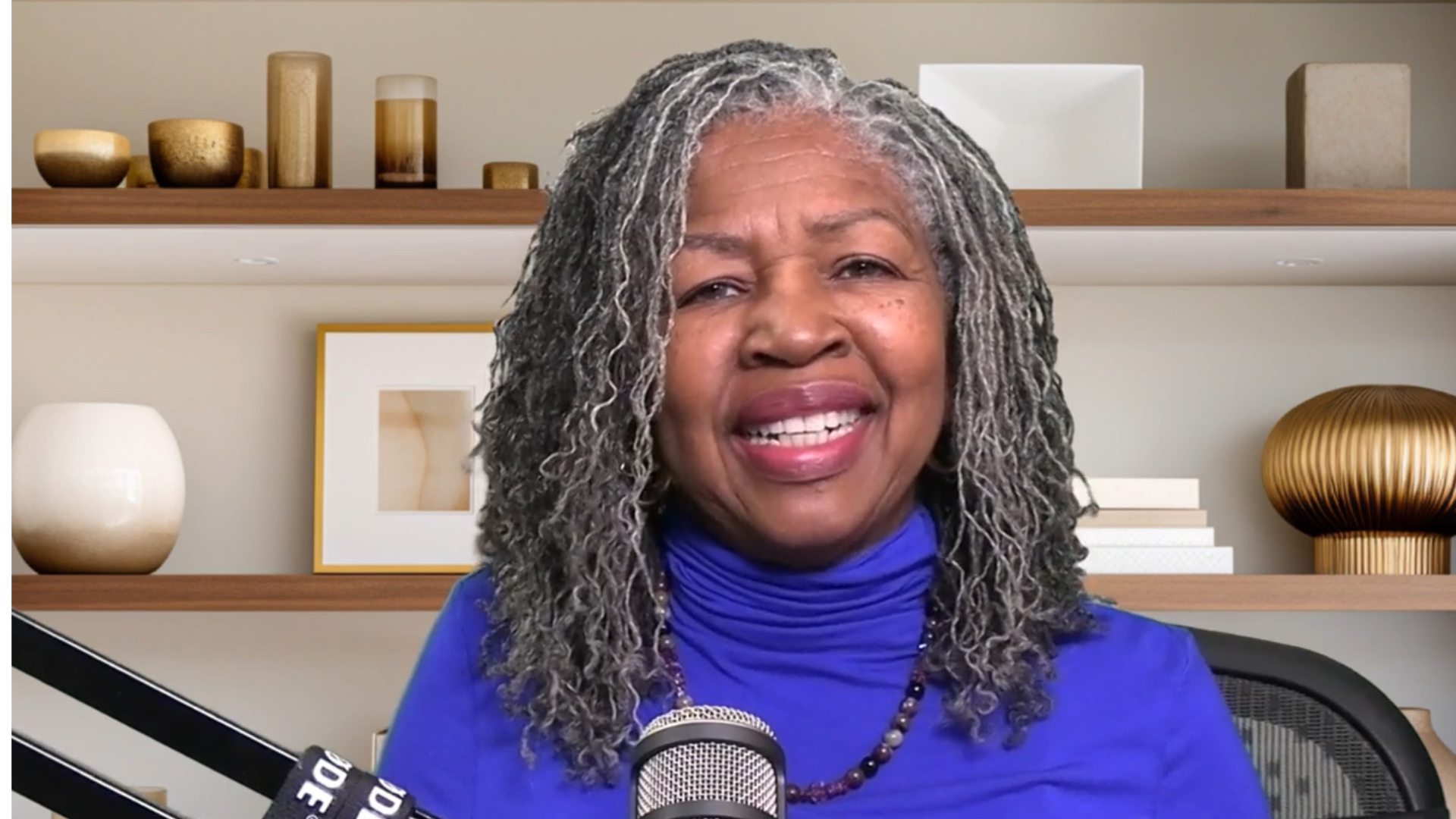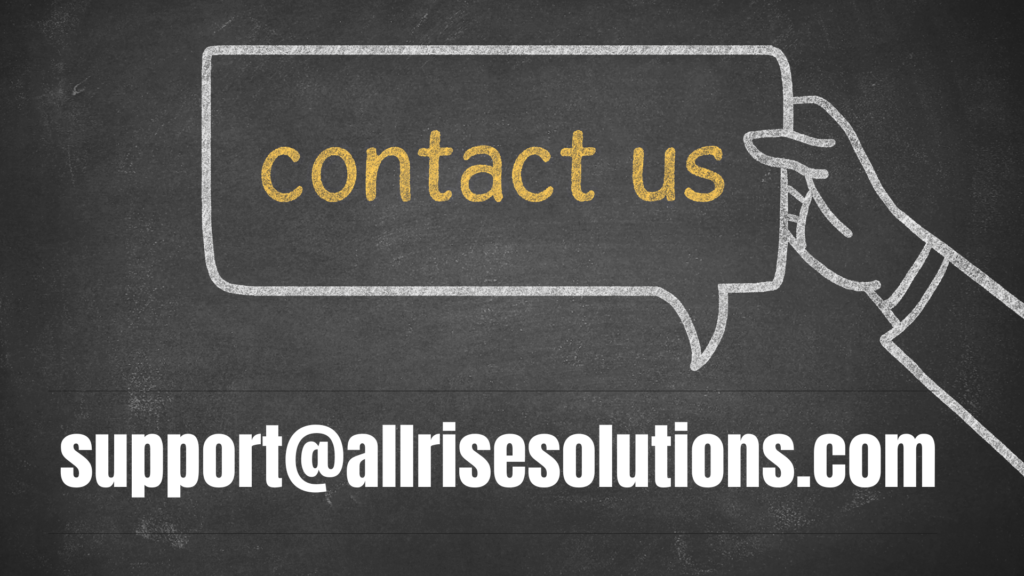Common Mistakes Parents Make During Child Custody Evaluations
Navigating a child custody evaluation can feel like walking through a minefield. One wrong step, and your chances of securing favorable custody arrangements might explode in your face. What makes these evaluations particularly challenging is that most parents have never experienced one before—yet the outcome could dramatically impact your relationship with your children for years to come.
Key Take Aways
- First impressions matter—evaluators begin forming opinions from your initial interaction
- Documentation of your parenting involvement must be thorough and truthful
- Speaking negatively about your co-parent can severely damage your evaluation
- Being unprepared for home visits often sends red flags to evaluators
- Understanding the evaluation process itself is crucial for success
What is a Child Custody Evaluation
Before diving into common mistakes, let’s clarify what child custody evaluations actually involve.
A child custody evaluation is a process where a mental health professional assesses both parents to help the court determine the best custody arrangement for the children. The evaluator typically interviews both parents, observes parent-child interactions, reviews relevant records, and sometimes speaks with other significant people in the child’s life.
The primary goal of these evaluations is always to determine what arrangement serves the best interests of the child—not what arrangement is most convenient or desirable for either parent.
You can find information about child custody evaluations on the State of California Self-Help Website: Click Here.
For some valuable information about child custody evaluations, be sure to visit the Custody Exchange website. Click Here.
10 Most Common Mistakes Made During Child Custody Evaluations
1. Creating a Poor First Impression
First impressions carry significant weight in child custody evaluations. Many parents don’t realize that evaluators begin forming opinions from the moment of first contact.
Common first impression mistakes include:
- Arriving late to scheduled appointments
- Dressing inappropriately for evaluations
- Showing hostility toward the evaluator
- Appearing disorganized or unprepared
For instance, showing up 20 minutes late while blaming traffic sends a message about your potential reliability as a parent. Additionally, checking your phone repeatedly during interviews suggests your priorities may lie elsewhere.
Instead, arrive 10 minutes early, dress neatly (business casual is appropriate), and give the evaluator your full attention. Remember, these professionals are assessing your ability to prioritize your children’s needs above your own.
2. Failing to Document Parental Involvement
One of the biggest mistakes in child custody evaluations is failing to provide concrete evidence of your involvement in your child’s life. Many parents simply state, “I’m a good parent,” without backing it up.
Evaluators need specific examples and documentation such as:
- School records showing your attendance at parent-teacher conferences
- Medical records indicating your presence at appointments
- Photos of you participating in your child’s activities
- Calendars documenting your consistent time with your children
- Communications with teachers, coaches, or other caregivers
Furthermore, be prepared with specific examples of how you handle discipline, homework, bedtime routines, and other parenting responsibilities. Vague statements like “We have fun together” carry little weight compared to detailed descriptions of your parenting approach.
3. Speaking Negatively About the Other Parent
Perhaps the most damaging mistake during child custody evaluations is badmouthing your co-parent. Despite the emotional challenges of separation, evaluators view your ability to co-parent as paramount.
When you criticize the other parent, evaluators often see:
- An inability to separate your feelings from your child’s needs
- A potential willingness to damage your child’s relationship with their other parent
- A lack of insight into the importance of both parents in a child’s life
Instead of focusing on your ex’s flaws, demonstrate your commitment to fostering a healthy co-parenting relationship. Phrases like “We have different parenting styles, but we’re both committed to our child’s wellbeing” show maturity and child-centered thinking.
4. Being Unprepared for Home Visits
Home visits often catch parents off guard, yet they provide crucial insights into your daily living environment. Evaluators aren’t expecting a perfect home, but they are looking for a safe, child-friendly space.
Common home visit mistakes include:
- Unsafe conditions (uncovered electrical outlets, unstable furniture, etc.)
- Lack of age-appropriate toys, books, or activities
- No designated space for the child (bedroom, study area, play space)
- Extremely cluttered or unsanitary conditions
Beyond physical preparation, be ready to demonstrate normal interactions with your child. Evaluators want to see authentic parent-child dynamics, not a staged performance.

5. Misunderstanding the Evaluation Process
Many parents enter child custody evaluations without understanding what they involve or how to navigate them effectively. This lack of preparation can lead to serious missteps.
For example, parents might:
- Overshare irrelevant personal information
- Withhold important information, thinking it’s not relevant
- Misunderstand the evaluator’s role or limitations
- Have unrealistic expectations about the process
Therefore, research the evaluation process thoroughly or consult with your attorney about what to expect. Understanding the purpose and scope of each step helps you prepare appropriately.
6. Coaching Children or Putting Them in the Middle
Nothing raises red flags faster for evaluators than discovering a parent has coached their child on what to say. Children often reveal coaching inadvertently through inconsistent statements or using adult terminology.
Similarly, putting children in the middle by:
- Asking them to spy on the other parent
- Using them as messengers
- Making them feel responsible for outcomes
- Discussing adult matters with them
These behaviors signal poor boundaries and a willingness to prioritize winning over your child’s emotional well-being. Instead, reassure your child that they should speak honestly, and that the evaluation isn’t their responsibility.
7. Failing to Control Emotions
Custody battles naturally trigger intense emotions. However, displaying uncontrolled anger, crying excessively, or exhibiting extreme anxiety during evaluations concerns evaluators about your emotional stability.
Evaluators look for parents who can:
- Regulate their emotions even under stress
- Respond rather than react to challenging situations
- Model healthy emotional expression for their children
- Put their children’s needs above their emotional state
If you struggle with emotional regulation, consider working with a therapist before and during the evaluation process. Learning coping strategies demonstrates your commitment to being the best parent possible.
8. Exaggerating or Lying
The temptation to embellish your strengths or the other parent’s weaknesses can be strong. However, experienced evaluators are skilled at detecting inconsistencies and verifying claims. Being caught in a lie or exaggeration severely damages your credibility. Moreover, it makes evaluators question everything else you’ve presented, even truthful information. Always stick to verifiable facts and honest assessments. If there are legitimate concerns about the other parent, present them factually with supporting evidence when possible.
9. Not Following Through on Recommendations
During the evaluation process, evaluators might suggest interim steps such as:
- Attending parenting classes
- Participating in therapy
- Engaging in supervised visitation
- Creating a communication plan with your co-parent
Failing to follow these recommendations demonstrates an unwillingness to grow as a parent and raises questions about your commitment to your child’s wellbeing.
View recommendations as opportunities to demonstrate your dedication rather than punishments or criticisms. Keep detailed records of your participation and be prepared to discuss what you’ve learned.
10. Involving New Partners Prematurely
Introducing a new romantic partner too early in the child custody evaluation process can complicate matters significantly. This is especially true when:
- The relationship is relatively new
- The children haven’t had time to adjust to the separation
- The new partner has their own custody or parenting issues
- You prioritize the new relationship over one-on-one time with your children
While a stable, positive relationship can eventually be an asset, evaluators generally view new relationships cautiously during custody proceedings. Be thoughtful about timing and how you present this aspect of your life.
How to Approach Child Custody Evaluations Successfully
Now that we’ve covered the most common mistakes during child custody evaluations, let’s explore constructive approaches:
Focus on the Children
Throughout the evaluation, maintain a child-centered perspective. When answering questions, frame your responses regarding your children’s needs rather than your desires.
For example, instead of saying “I want 50/50 custody,” explain how your proposed arrangement benefits your children’s stability, education, and emotional well-being.
Be Respectfully Honest
Approach the evaluation with transparency and respect. Answer questions honestly but tactfully. If you don’t know something, admit it rather than guessing or fabricating.
Additionally, respect the evaluator’s time and process. Follow instructions carefully and provide requested documents promptly.
Document Everything
Create a parenting journal documenting:
- Time spent with your children
- Activities you engage in together
- Conversations with the other parent
- Medical appointments, school events, etc.
- Any concerning incidents (with dates and details)
This documentation provides concrete evidence of your involvement and any legitimate concerns without relying solely on memory during high-stress interviews.
Seek Professional Support
Consider working with:
- A therapist for emotional support
- A parenting coach for skill development
- Your attorney for legal guidance
These professionals can help you navigate the evaluation process effectively while maintaining your well-being.
Final Thoughts
Child custody evaluations represent a challenging but crucial process for determining arrangements that genuinely benefit your children. Avoiding these common mistakes and approaching evaluations with preparation, honesty, and a child-centered focus significantly improves your chances of a favorable outcome.
Remember that evaluators aren’t looking for perfect parents—they’re looking for parents who prioritize their children’s needs, demonstrate flexibility, and show a willingness to support the child’s relationship with both parents. By focusing on these principles, you position yourself as the mature, thoughtful parent your children need.
FAQ's
How long how does a typical child custody evaluation take?
Can I request a different evaluator if I feel the assigned one is bias?
What weight do psychological tests carry in custody evaluations?
How do evaluators handle allegations of abuse or neglect?
Should my child receive therapy during the evaluation process?

About Esther
Esther C. Moore is a family law attorney with over 27 years of experience, including high-conflict child custody and divorce cases. As the CEO of All Rise Solutions, LLC, Esther provides coaching, online courses, and resources to help individuals navigate the legal system when dealing with complex family law matters, including mediation in high-conflict divorce. With a deep understanding of how narcissistic dynamics impact custody and divorce proceedings, Esther is committed to empowering individuals with the knowledge and tools they need to protect their rights.






